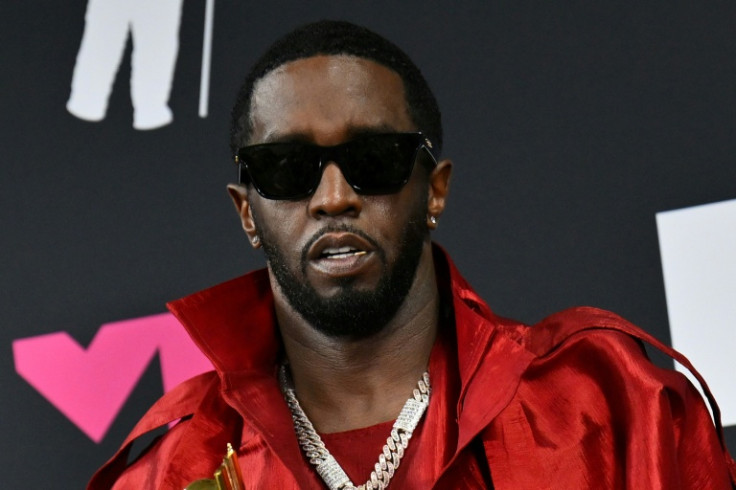
A 12-minute video portraying a reformed family man and philanthropist was not enough to sway the court. On 3 October 2025, the carefully crafted image of Sean 'Diddy' Combs shattered as he was sentenced to four years and two months in federal prison on prostitution-related charges. The judge in New York ruled that Diddy's fame and charitable efforts were insufficient to mitigate his offences. This decision concludes a high-profile trial that captured global attention, especially in the United Kingdom, where 'Diddy sentencing' trended across social media.
Background of the Diddy Sentencing Case
The 55-year-old music mogul was indicted in September 2024 on multiple charges, including sex trafficking, racketeering, and transportation for prostitution. During the nearly two-month federal trial, prosecutors accused Combs of transporting women for prostitution under the Mann Act. They cited his alleged 'freak-off' encounters and a history of abuse, as reported by the BBC.
Prosecutors argued for a sentence of over 11 years, highlighting the scale and duration of Diddy's misconduct. The defence, in contrast, requested a reduced term of 14 months, contending that he had shown remorse and made efforts toward rehabilitation.
Ultimately, Judge Arun Subramanian rejected the defence's portrayal of Combs as a changed man, insisting that his actions amounted to 'physical, emotional and psychological abuse', according to the same BBC report.
A Last-Ditch Bid for Mercy
Ahead of the sentencing, Diddy's legal team released a 12-minute video highlighting his community work, mentorship programmes, and family relationships. The video was designed to depict a man who had learned from past mistakes and was committed to positive change.
In a letter submitted to the court, Combs described his past behaviour as 'disgusting, shameful and sick' and apologised to his victims. However, critics on social media dismissed the video as a 'public relations stunt', accusing the rapper of attempting to manipulate public sympathy rather than taking full responsibility.
Despite these gestures, the court was unmoved. The judge stated the video and letter could not outweigh the seriousness of the crimes or the harm inflicted on the victims.
In the matter of USA v. Combs,
— 🧑⚖️ The Diddy Docket (@diddydocket) October 3, 2025
Sentencing Exhibit 84 - Sean 'Diddy' Combs' video presentation pic.twitter.com/ezB2lv0tzd
Judge Rejects Celebrity Leniency
During the sentencing, Judge Subramanian made it clear that celebrity influence and wealth would not sway his decision. He told the court that accountability must apply equally, regardless of status.
The judge cited testimony that showed how Combs had used his position of power to exploit individuals and rejected arguments that his charitable work should warrant a lighter sentence. The court also dismissed claims that the so-called 'freak-off' events were fully consensual, noting evidence of manipulation and coercion.
Public Reaction and Wider Fallout
The sentencing has sparked intense debate online, particularly in the UK, where discussions on platforms like X and TikTok reflected divided opinions. Many users praised the ruling as a sign that fame no longer guarantees leniency, while others questioned whether the justice system had acted fairly.
Rapper 50 Cent mocked Combs on social media, joking that since Diddy would be unable to make his speaking engagements, he was 'available' to take his place. Meanwhile, survivors and advocacy groups welcomed the outcome, stating it recognised the harm done.
Hey to whoever was booking Diddy for speaking engagement. I heard he won’t be able to make it, 🤷 I’m available! 😆 https://t.co/WtNREs32V0 pic.twitter.com/VtycWVyY9y
— 50cent (@50cent) October 3, 2025
Diddy still faces several civil lawsuits alleging sexual misconduct and abuse spanning decades, which continue to threaten his reputation and career in the music industry.







